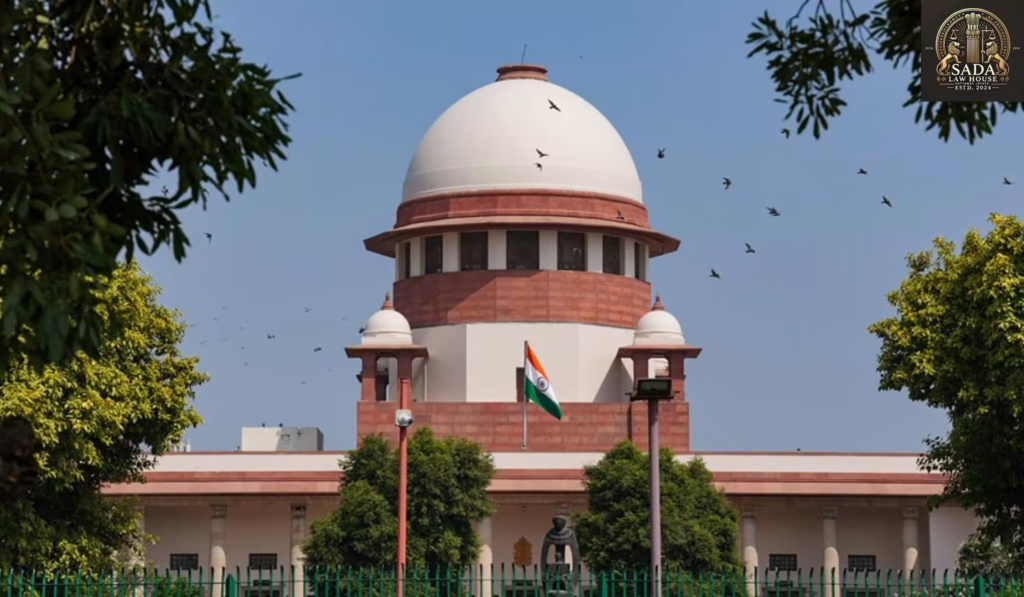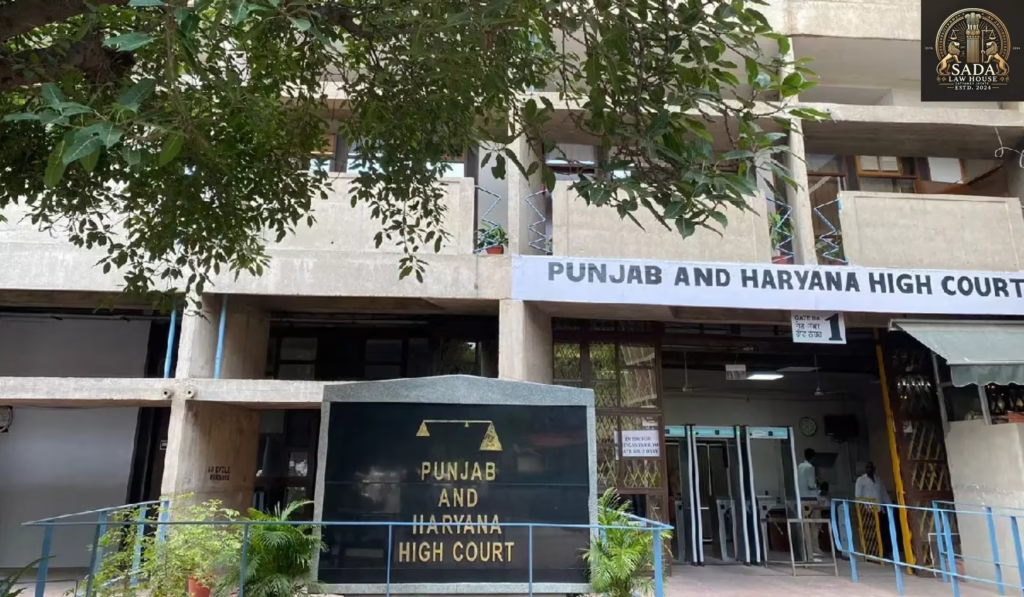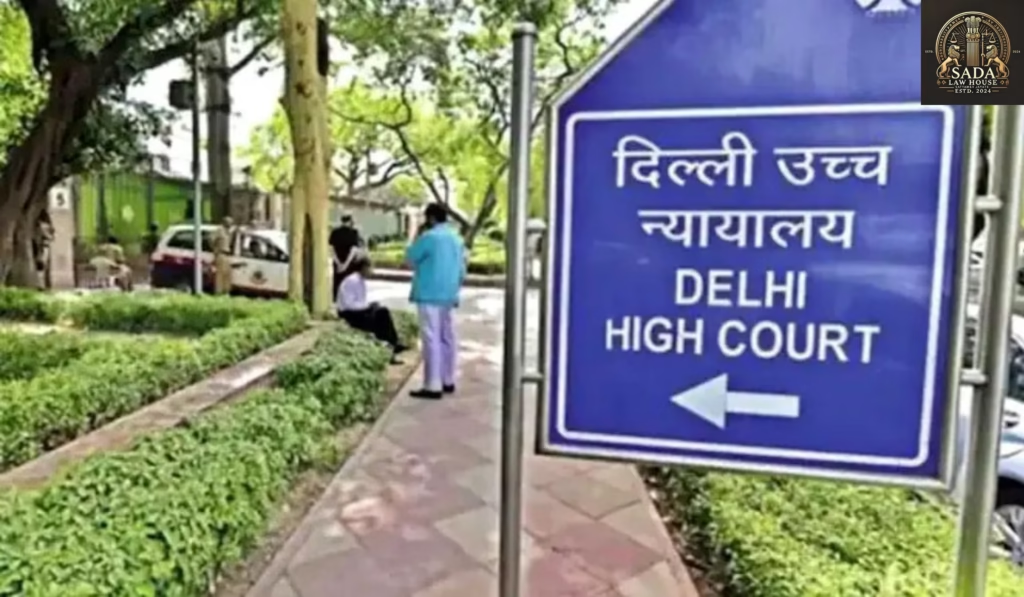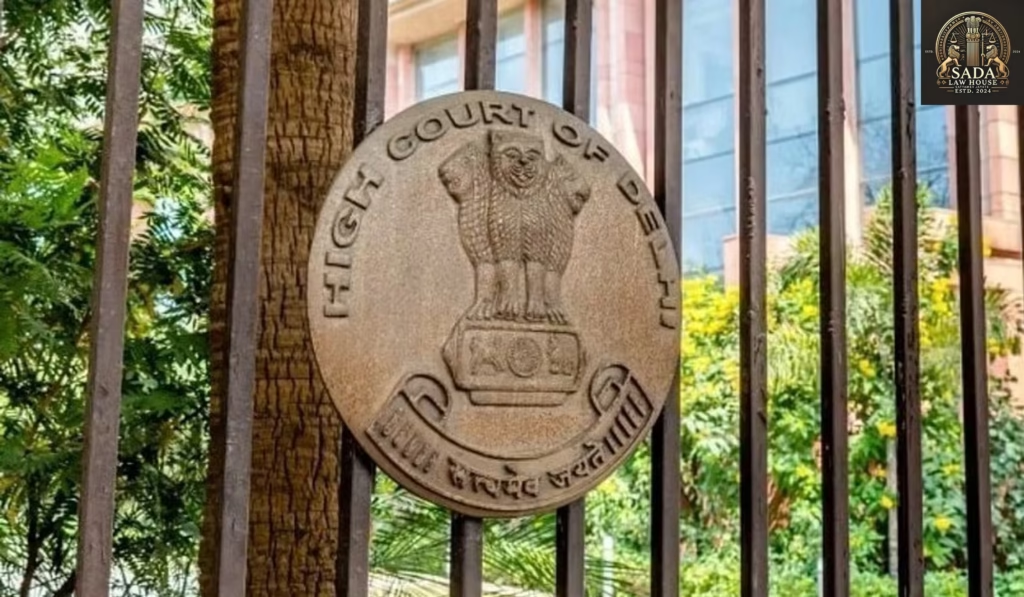Telangana High Court Cancels Free Land Allotment to IAMC Hyderabad in Landmark Ruling
Trending Today Telangana High Court Cancels Free Land Allotment to IAMC Hyderabad in Landmark Ruling Court Orders FIR Against Zed News and News18 for Defamatory Reporting During Operation Sindoor in Jammu & Kashmir Delhi High Court Rules Arbitration Clause Doesn’t Automatically Override Civil Court Jurisdiction Supreme Court Affirms Right to Close Business Under Article 19 of Indian Constitution Bombay High Court Halts Aarey Forest Demolition: Legal Win for Environment and Tribal Rights Delhi High Court Orders Centre to Draft Deepfake Guidelines: Major Step for Digital Privacy and Free Speech in India Supreme Court Clears Uttarakhand’s Uniform Civil Code: A Historic Step Toward Gender Equality and Secular Law in India Supreme Court Reviews CAA Rules 2024: Fresh Petitions Challenge Citizenship Law on Constitutional Grounds Supreme Court Orders CBI Probe into ₹3,200 Crore Bihar Foodgrain Scam: Political Fallout and Fight Against Corruption INTERNSHIP OPPORTUNITY AT INTERVENOR LEGAL SOLUTIONS, NEW DELHI Telangana High Court Cancels Free Land Allotment to IAMC Hyderabad in Landmark Ruling PRABHAT KUMAR BILTORIA 1 JULY 2025 In a landmark ruling, the Telangana High Court cancelled the free land allotment to IAMC Hyderabad, citing legal violations and procedural lapses. Learn more about this precedent-setting case involving land law, PILs, and state accountability. Land Allotment to IAMC Declared Legally Invalid In a pivotal judgment, the Telangana High Court has revoked the allocation of 3.7 acres of prime land in Raidurg, Hyderabad, previously granted to the International Arbitration and Mediation Centre (IAMC). The court ruled the government’s decision—issued via a government order in December 2021—as legally untenable and made without proper procedure. The land, valued at approximately ₹350 crore, was handed over free of cost, triggering a legal challenge and a public interest litigation (PIL) questioning the legality of the grant. Public Interest Litigation Challenges Land Grant The case was initiated by lawyer Koti Raghuntha Rao through a PIL. He argued that IAMC, as a private trust, was ineligible to receive land without compensation under the provisions of the Telangana Urban Areas Act, 1975. The bench, comprising Justices K. Lakshman and K. Sujana, agreed with the petitioner. They highlighted that the land allocation bypassed key requirements, including cabinet approval and standard due diligence procedures. The justices emphasized, “Noble intentions cannot override statutory mandates.” Court Emphasizes Legal Procedure Over Discretion Despite IAMC’s influential supporters, including former Chief Justice of India N.V. Ramana, the court concluded that the organization remains a private entity. It ruled that such trusts are not entitled to free land from the state. The judges cautioned that discretionary powers of the state must be exercised transparently and within the bounds of law—especially in the allocation of public resources like land. Government Order No. 126 Nullified The court officially revoked Government Order No. 126, nullifying the land allotment. However, it clarified that the IAMC’s role as a neutral body for dispute resolution would remain unaffected by this decision. IAMC trustee and former Supreme Court judge B. Sudarshan Reddy responded that IAMC would appeal the verdict in the apex court. A Win for Transparency and Rule of Law This judgment sets a powerful precedent in land governance and public accountability. It reinforces that even well-intentioned governmental actions must comply with the law, and discretionary authority should not bypass legal frameworks. By addressing procedural lapses and prioritizing legality, the Telangana High Court has sent a strong message in support of fairness, transparency, and responsible land allocation. Leave a Reply Cancel Reply Logged in as Sada Law. Edit your profile. Log out? Required fields are marked * Message* Live Cases Telangana High Court Cancels Free Land Allotment to IAMC Hyderabad in Landmark Ruling Sada Law • July 1, 2025 • Live cases • No Comments Court Orders FIR Against Zed News and News18 for Defamatory Reporting During Operation Sindoor in Jammu & Kashmir Sada Law • July 1, 2025 • Live cases • No Comments Delhi High Court Rules Arbitration Clause Doesn’t Automatically Override Civil Court Jurisdiction Sada Law • July 1, 2025 • Live cases • No Comments 1 2 3 … 5 Next »
Telangana High Court Cancels Free Land Allotment to IAMC Hyderabad in Landmark Ruling Read More »










